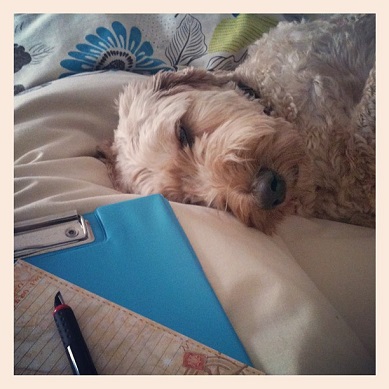 The Great War by Les Carlyon
My rating: 5 of 5 stars
The Great War by Les Carlyon
My rating: 5 of 5 stars
"We are lousy, stinking, ragged, unshaven, sleepless. Even when we're back a bit we can't sleep for our own guns. I have one puttee, a dead man's helmet, another dead man's gas protector, a dead man's bayonet. My tunic is rotten with other men's blood and partly splattered with a comrade's brains...Courage does not count here. It is all nerve. Once that goes one becomes a gibbering maniac." - Lieutenant John 'Alec' Raws, 4 August 1916, quoted in The Great War
On the 28 February 1916, 28-year-old farm labourer, Edwin Gale, from Yacka, South Australia, enlisted in the Australian Imperial Force. A week later his older brother, Samuel, followed suit. The brothers were sent to the Western Front, the former as part of the Infantry, the other as a Gunner. They lived through some of the harshest conditions imaginable, surviving gas attacks and endless defeats. Neither saw the end of the war: Edwin died on the 21 October 1917 from wounds he received during the (disastrous) Passchendaele Campaign; his brother, Samuel, was killed in action on the second day of the German 'Kaiserschlacht' Offensive, five months and one day after his younger brother (22 March 1918). Their widowed mother lost both her sons. The brothers are buried in Belgium, in separate cemeteries not so far apart, but still thousands of miles from home.
If Edwin and Samuel weren't two kinks in my Family Tree, I probably would never have read Les Carlyon's The Great War, but as it was (and still is), I needed to know more about the battlefields of the First World War so that I could greater understand the lives of these two brothers during such a pivotal moment in history. As it turns out, The Great War was the ideal place to start.
At around 800 pages in length, The Great War is an epic collation of the people, places and events that made the Western Front during the peak of World War I. Its central focus is the young, adventurous Australians who volunteered to fight (for reasons known only to them) on the other side of the world, and the British military commanders and politicians who held their fate. It covers in great, horrific detail all the major battles: Fromelle, Pozieres, Passchendaele, Villers-Bretonneux, and then some lesser known ones as well. Not one hellish moment is skipped.
Yet this is not a book bogged down in technical detail; it is not simply "tactics" or a regurgitation of time and place. What makes The Great War such a phenomenal read is the effort that Carlyon has put into creating a personalised recollection, to make it feel as if it is the Fallen who are telling this tale. It contains excerpts from journal entries and letters, photographs and maps. It tells the stories of these men not only as they were during the war, but also what life was like before it and - if they were lucky enough to survive - what happened after.
Yet at the same time, The Great War does not glorify war or make heroes out of ordinary men, instead recognising that they were, in fact, just men. The Great War may be an epic and phenomenal book, but it is also emotionally wrecking. It made me cry - a lot. It lays bare the horrors of war - the destruction, the desperation and the waste. The reader is thrust into the nightmarish existence of the rancid mud-flats that became the Western Front, and reminds one of the vicious brutality that humans are capable of. It peels back the layers of legend and myth and reveals to the reader the true, human aspect of the war, and explains how a nation lost an entire generation of men - a loss that remains an absolute tragedy, even after the passing of nearly 100 years.
** The 25 April in Australia and New Zealand is ANZAC Day, a day of sombre reflection commemorating the moment when our two nations officially became part of the First World War with the dawn landing of Australian and New Zealand forces at Gallipoli, Turkey, on the 25 April 1915.











































